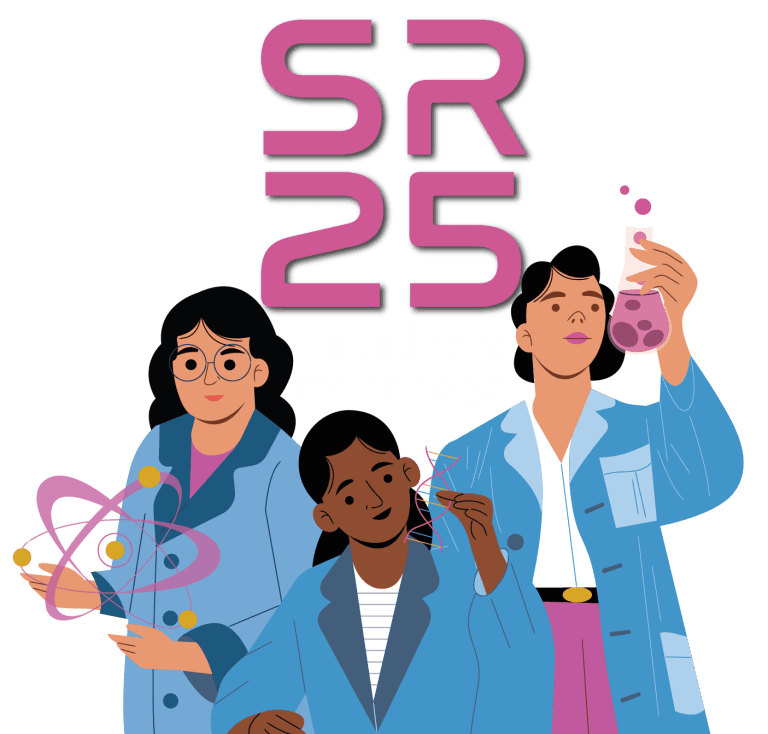
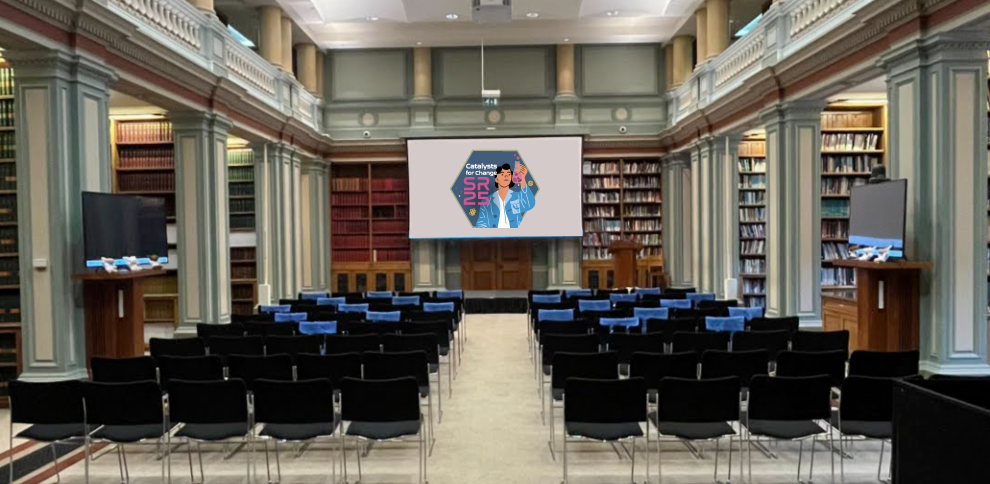
We were thrilled to welcome guests to our 3rd Annual Event at the RSC Library in central London on October 7th.
Our speakers came from across industries, disciplines, and backgrounds, each sharing fresh perspectives and inspiring stories. Read on to learn more about these incredible individuals.
Note: We are currently working on editing together the presentations from the day. More will be available soon!
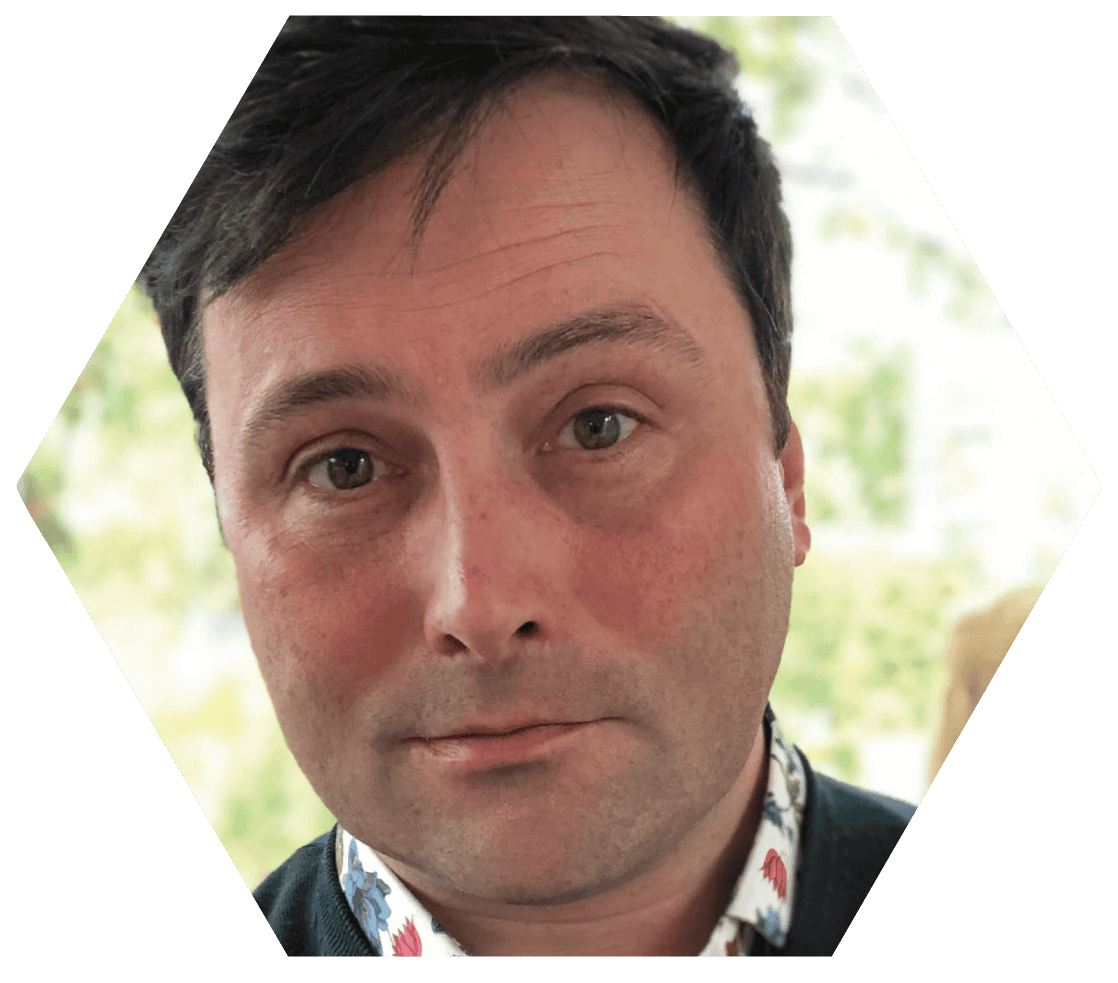
Globally recognised as a thought-leader in cheminformatics and computational drug discovery, Nathan is the inventor of the first multi-objective de novo molecular design system, published in 2004, and has published over 50 papers and four books on the field. Nathan is the 2017 recipient of the Corwin Hansch Award – an award given by the Hansch-Fujita Foundation for significant contributions to the field of computer-aided drug design. He is also an elected Fellow of the Royal Societies of Chemistry, Biology, and The Arts.
Nathan has worked in senior leadership positions at BenevolentAI and Healx, building and leading large interdisciplinary teams. Prior to this, Nathan was Head of In Silico Medicinal Chemistry at The Institute of Cancer Research in London where he founded and led the In Silico Medicinal Chemistry team for over ten years. In this capacity, he delivered significant scientific impact on drugs in active clinical trials, and was responsible for the development of new algorithms for drug discovery. He was also a Presidential Research Fellow at the Novartis Institutes for BioMedical Research and a Marie Curie Research Fellow at Avantium.

Andrea Townsend-Nicholson holds a chair in Biochemistry & Molecular Biology at University College London (UCL) and is the Vice-Dean Health for the Faculty of Life Sciences at UCL. She obtained a BSc degree in Molecular Genetics & Molecular Biology (University of Toronto, Canada; 1986) and a DSc degree in Cellular & Molecular Biology (Université Louis Pasteur, France; 1990), completed postdoctoral training at the Garvan Institute of Medical Research (Sydney Australia;1991-1995) and UCL (1995-1999), and held a British Heart Foundation Fellowship at UCL from 1999-2001.
Her research focuses on understanding the molecular basis of cell surface receptor function in health and disease using a combination of experimental and computational methodologies. Andrea is particularly interested in facilitating the introduction of personalised medicine into clinical practice and in the development of computational methodologies that converge with experimental findings. She teaches medical and undergraduate bioscience students to use supercomputers as part of their taught university curriculum.

Urooj is a PhD researcher at Technological University Dublin Ireland, focusing on energy-efficient high-performance computing. She is a recipient of the prestigious Irish Research Council Postgraduate Award for her doctoral studies. Her research aims to reduce the energy consumption of computing systems, particularly for data-parallel workloads on modern HPC platforms. She has conducted experimental studies comparing hardware and software-based energy measurement tools using data-parallel kernels, as well as energy and performance benchmarking of machine learning algorithms. Her research goal is to contribute to greener and more efficient computing through accurate energy profiling, hybrid energy measurement strategies, and application-level optimisation.
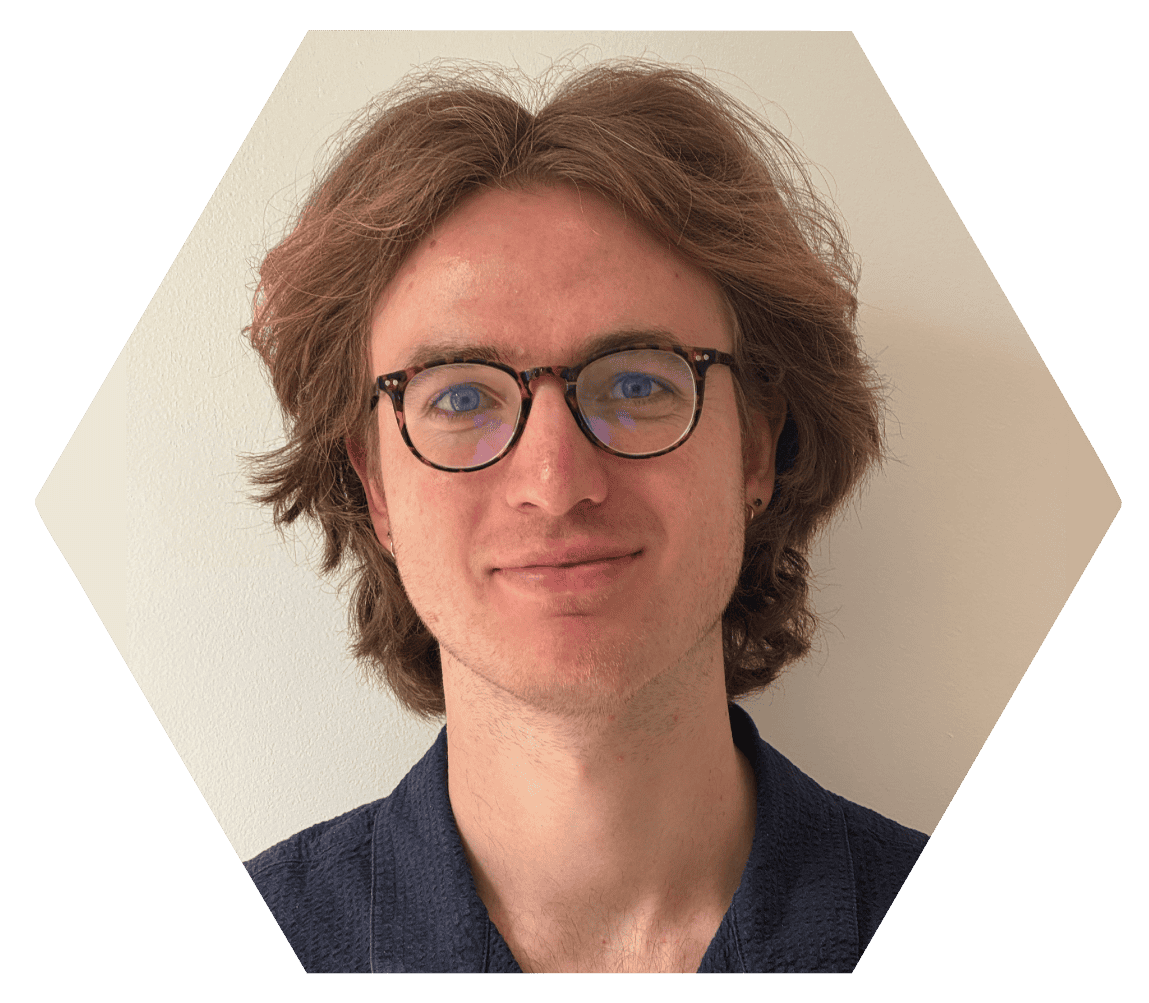
Daniel (Danny) Ash is a first-year DPhil candidate at the University of Oxford, where he applies machine-learning techniques to monitor and predict biodiversity. Danny’s work fuses remote-sensing data, ecological field records and AI models to detect individuals within a species and understand the spatial dynamics across different species. Before returning to academia, Danny worked on R&D projects for methane-removal and anaerobic-digestion start-ups, using GIS data to find suitable locations. Originally trained as an astrophysicist, Danny completed a masters focussed on exoplanet detection. Across industry and research, Danny sought to use quantitative techniques to understand complex natural signals.
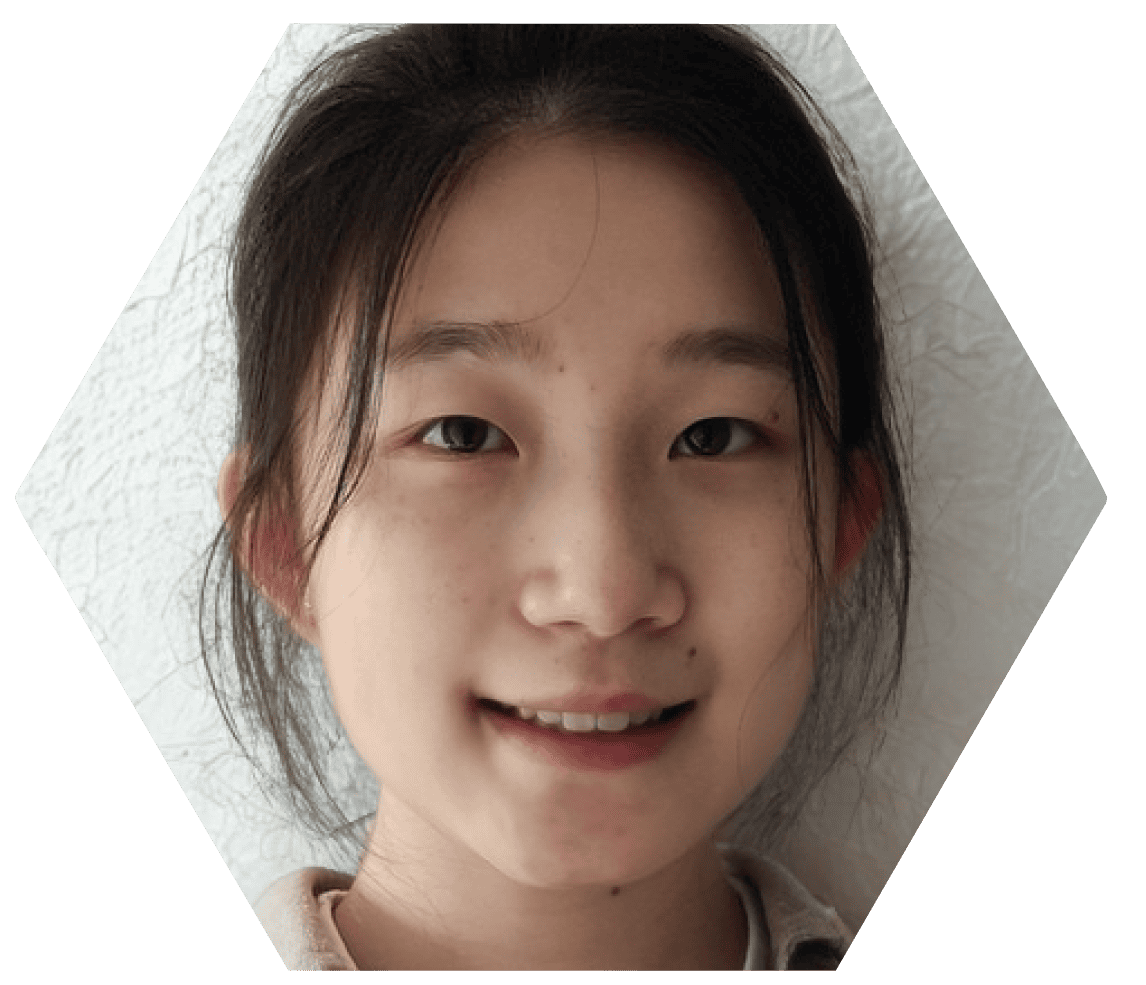
Xinger Tang is an MSc student in High Performance Computing at EPCC, University of Edinburgh, with a strong mathematical foundation from an Honours Bachelor’s degree in Applied Mathematics. She also works as a research assistant at Highlander Lab, Roslin Institute, University of Edinburgh. Her interests lie in research software engineering, with hands-on experience in parallel computing, GPU acceleration, and scientific simulations gained through both coursework and collaborative projects. With a background bridging computer science and applied mathematics, Xinger is passionate about developing efficient, reliable tools for real-world research. Her current work includes implementing GPU versions of Lanczos methods with selective reorthogonalization and contributing to computational genetics projects in bioinformatics.
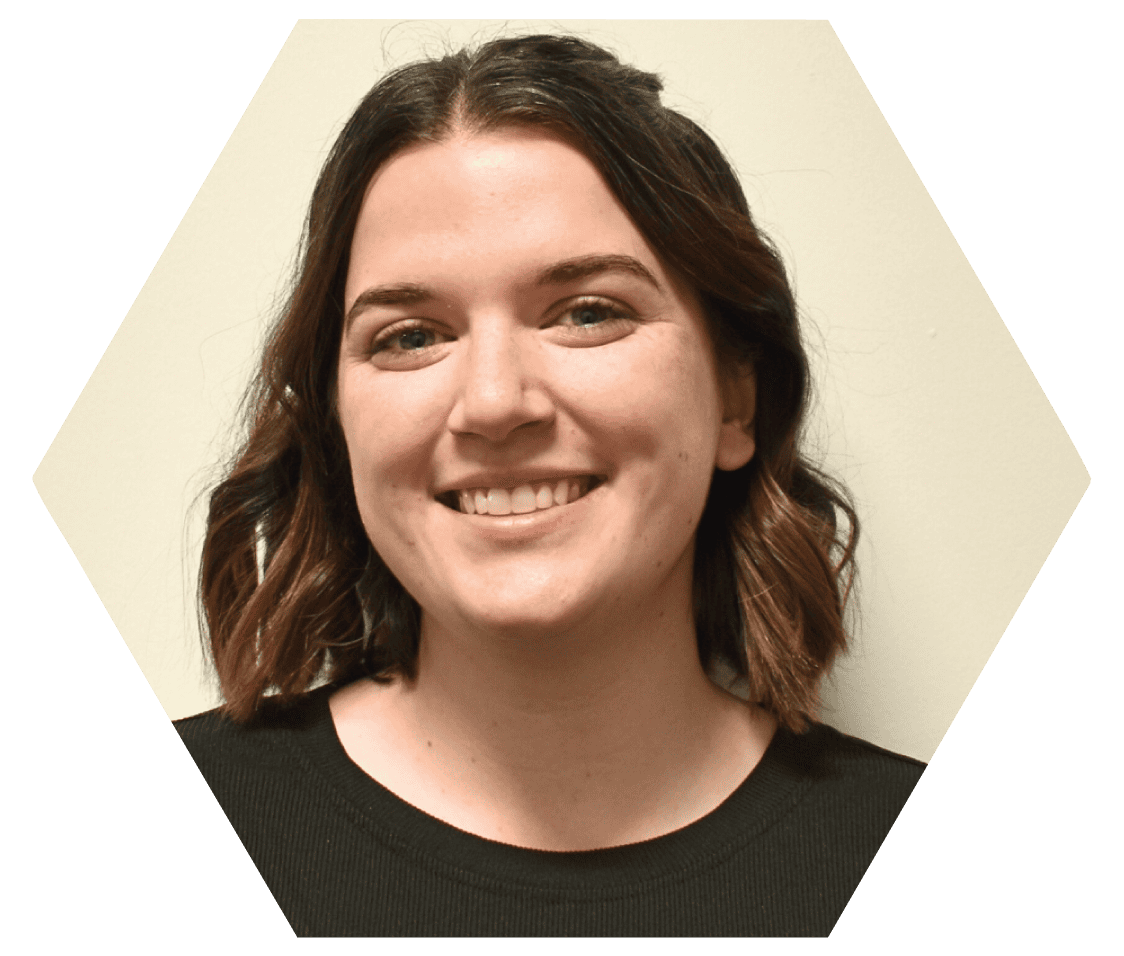
Sarah Johnston is a third-year astronomy PhD student in the Institute for Computational Cosmology at Durham University. She holds an MPhys in Astrophysics from University of St Andrews and is passionate about engaging with HPC and harnessing the full power of modern computing in astronomy.
Her PhD centres around implementing a GPU offload in the SWIFT cosmology code, where she is currently developing the GPU port for gravity calculations. Having already demonstrated a proof of concept, she is currently working on optimisation and effective implementation within SWIFT’s task-based system. She also works separately on constraining mixed dark matter cosmologies using large-scale simulations.
Beyond her research Sarah is actively involved in outreach and skill development. She leads research groups for young people to get hands-on with coding and simulations and facilitates training for other researchers, helping them develop the computational expertise needed for modern astrophysics.

Paul Cusdin is the Head of CFD at Alpine F1 Team, a role he has held since 2018. He leads the team’s efforts in applying advanced computational fluid dynamics to extract maximum performance from the car. Under his leadership, Alpine leverages cutting-edge simulation techniques and high-performance computing to analyse vast datasets, delivering actionable insights on downforce, drag, and cooling. Paul’s focus is on empowering engineers with precision and clarity, ensuring every aerodynamic decision contributes to improved laptime.
Beyond motorsport, Paul advocates for the broader impact of CFD in solving real-world challenges. The same techniques used to optimize airflow over an F1 car have been applied to model the dispersion of COVID-19 particles during the pandemic and to improve understanding of wildfire behaviour. His work exemplifies how high-performance simulation can drive innovation not only on the racetrack but also in public health and environmental safety.

James is HPC/IT Manager at the National Quantum James is HPC/IT Manager at the National Quantum Computing Centre, responsible for all things “classical computing”. He has been in public and university sector roles his whole career: Diamond Light Source, Oxford University, Large Hadron Collider computing and Kew Gardens. He is a lifelong scout leader and likes caving, cycling and hillwalking.
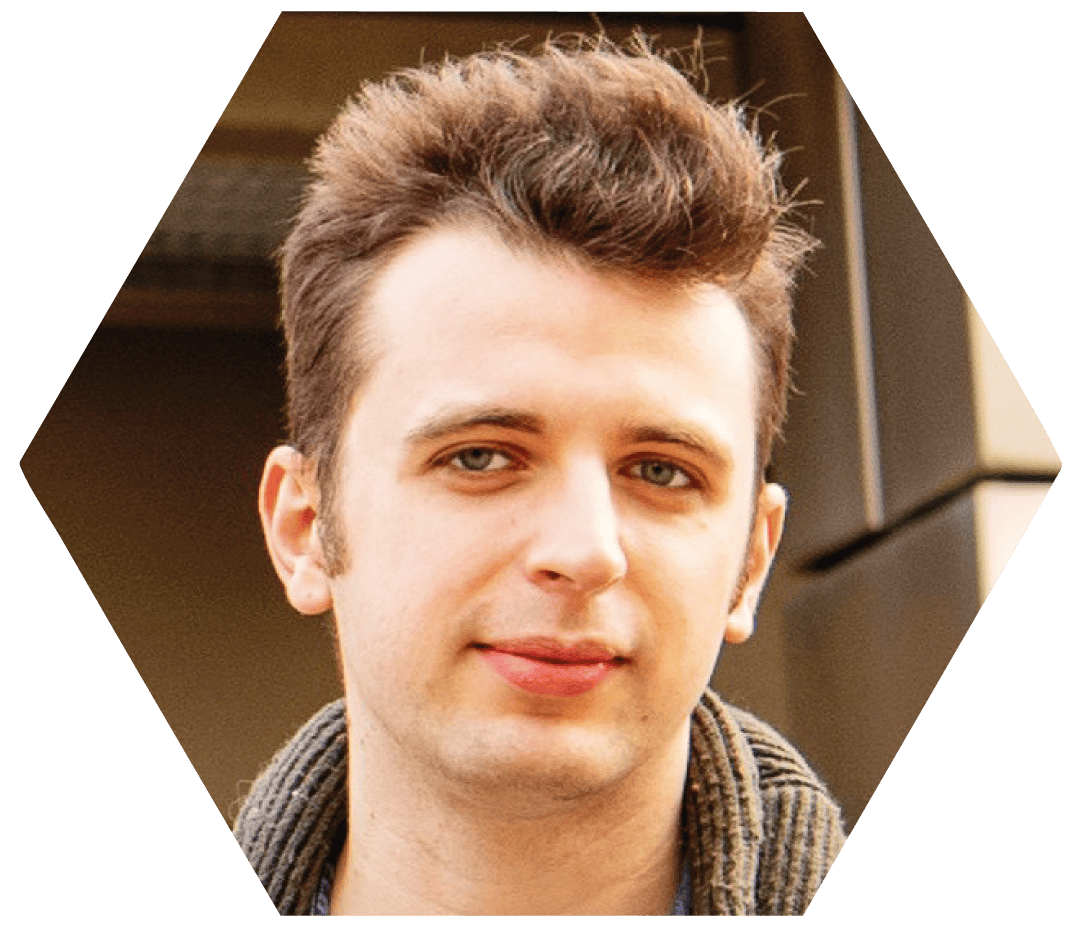
Perry Gibson is an ML Compiler Engineer at Fractile, who are working on hardware to accelerate next generation frontier model inference, with significant energy efficiency gains. He completed his PhD in Across-stack DNN Acceleration at University of Glasgow, and is interested in the new forms of expression that HPC can enable.
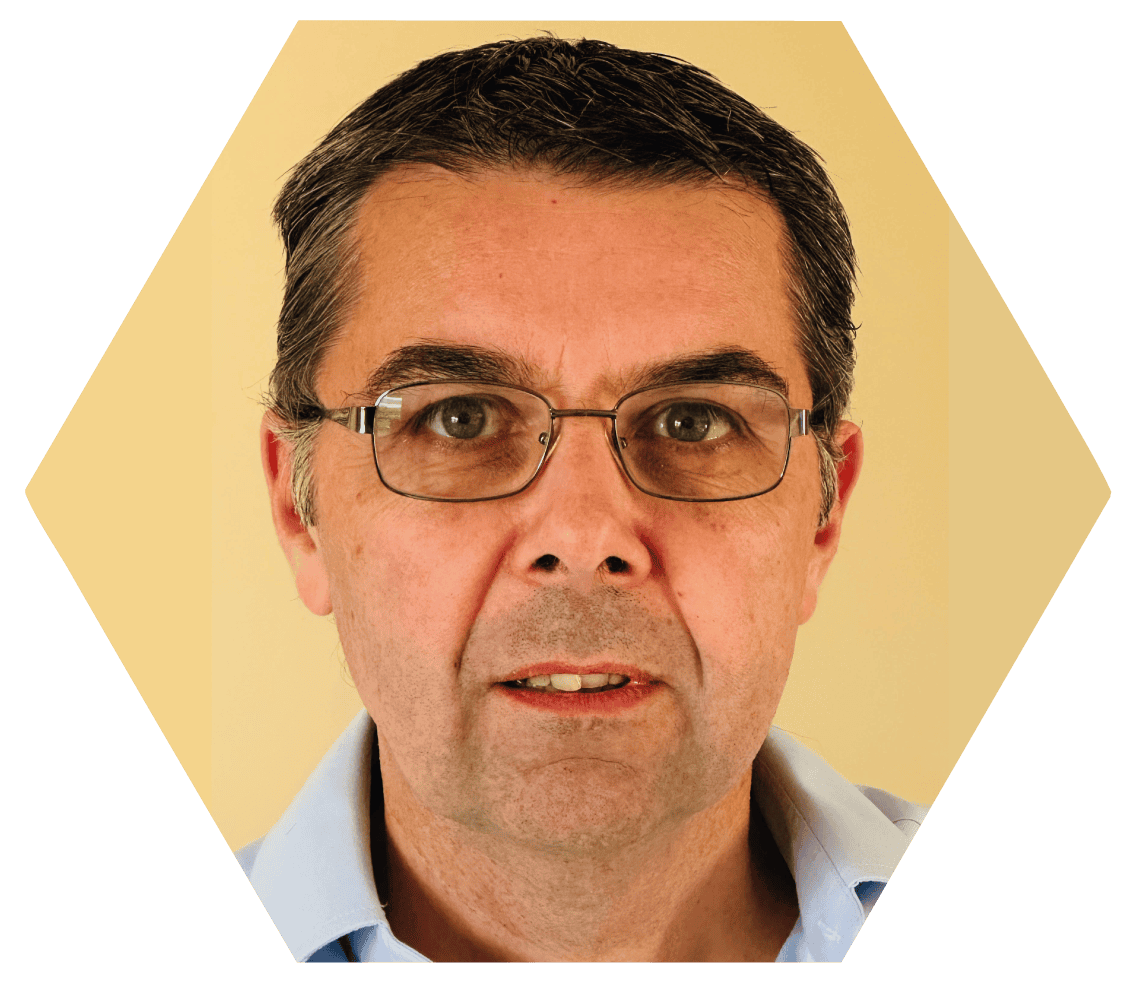
John Fergusson is a seasoned technology recruiter with over 20 years of experience in talent acquisition, partnering with global blue-chip corporations including Microsoft, Novartis, Royal Mail, and William Hill, as well as high-growth, VC-backed startups. He has also successfully supported software houses and consultancies across a broad spectrum of technology domains.
John is known for his ability to act as a trusted advisor to client organisations, guiding recruitment strategies, implementing best practices, and coaching hiring teams to ensure effective and aligned hiring processes that support business objectives.
Beyond client advisory, John has a strong track record in supporting technology professionals across all levels of seniority. He provides career coaching, interview preparation, and guidance on career progression, helping individuals navigate their next steps and achieve their full potential in the tech industry.
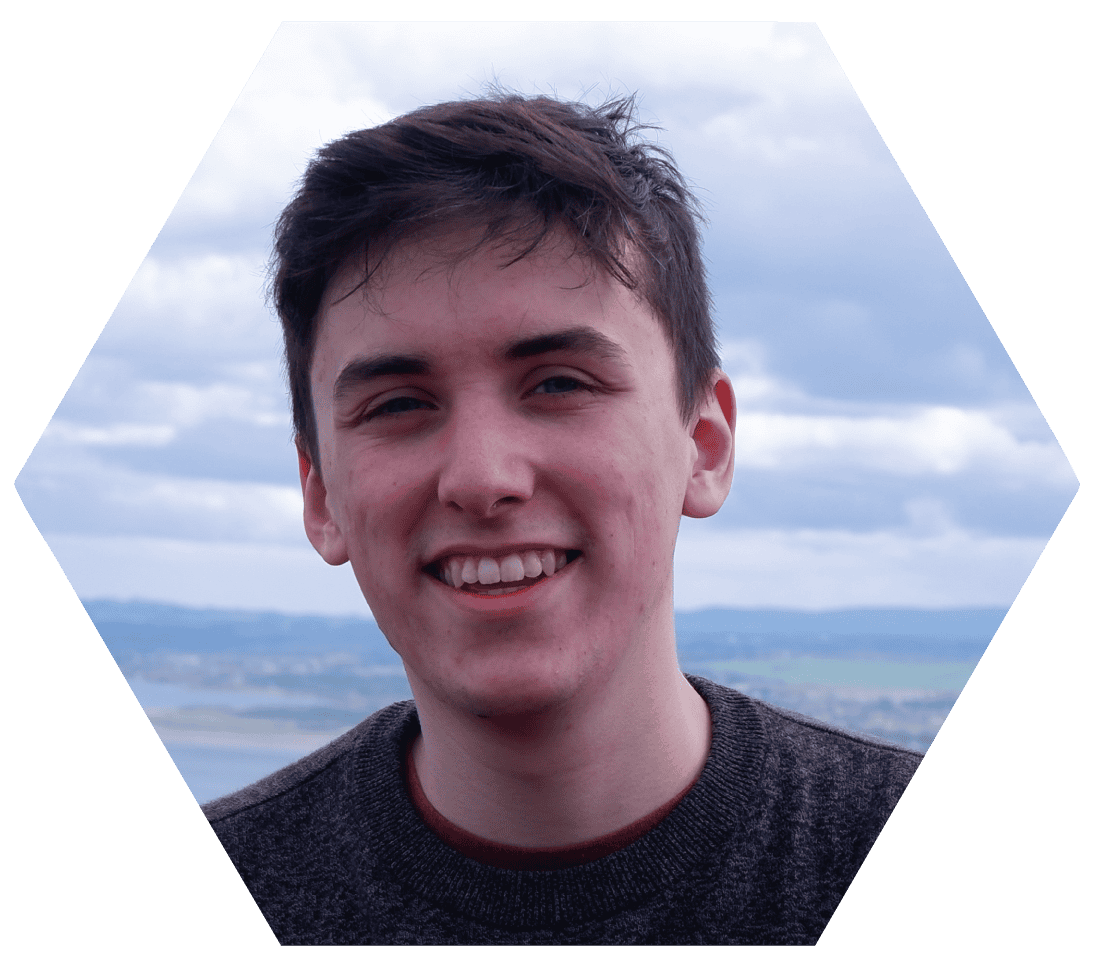
Joseph is a PhD student working on Design Space Exploration of Microarchitectures for High Performance Computing applications at the University of Bristol. He also organises and runs the Bristol Centre for Supercomputing Student Cluster team, breaking new ground in the UK’s participation in international Student Cluster Competitions. Starting as an undergraduate at Durham, he has competed, and more recently mentored, in eight competitions, winning three. He hopes to enable HPC education for students across the UK and continues pushing this alongside his PhD studies.
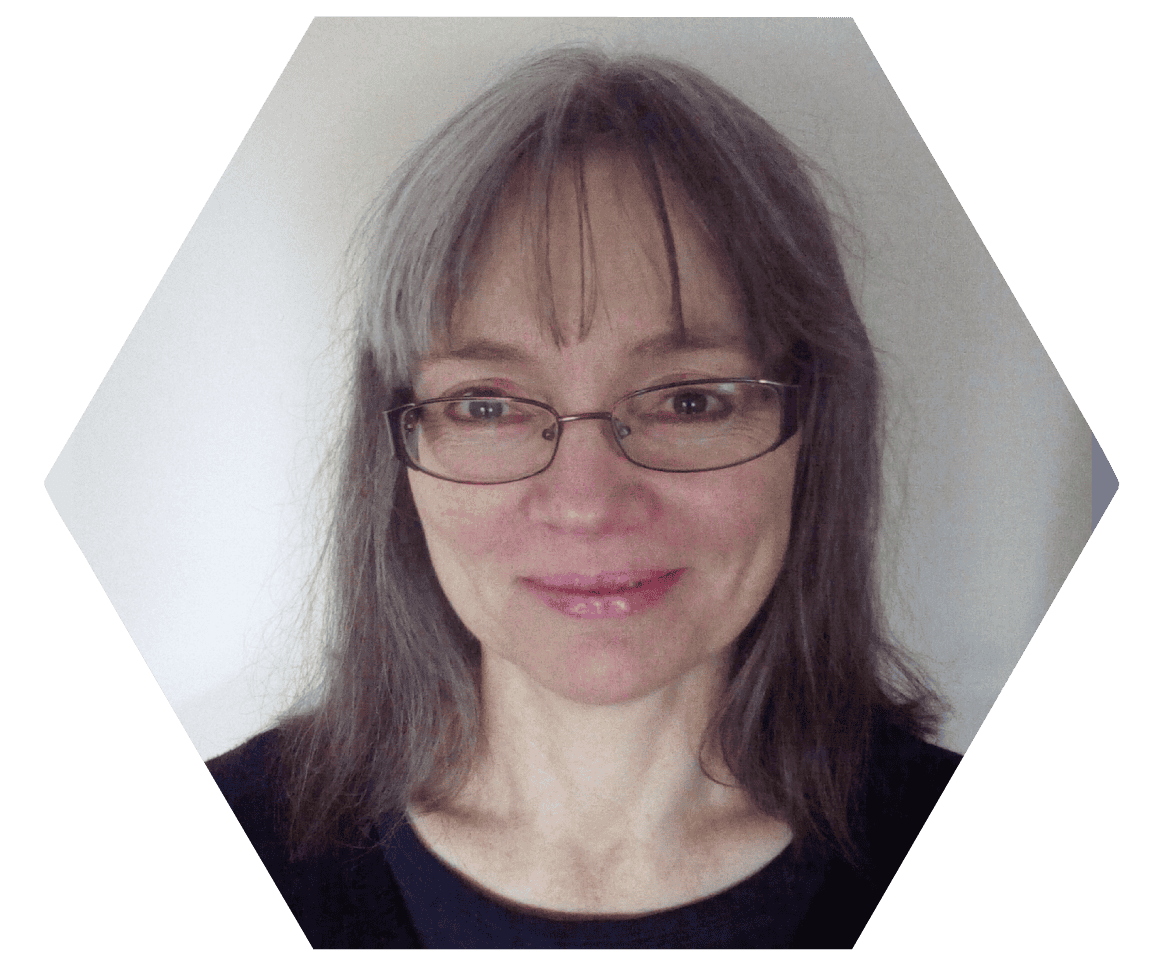
After returning to education as a mature student, Dawn studied part-time with the Open University for a degree in Mathematical Sciences before pursuing a full-time PhD in Computational Physics at Durham University. She then spent two years as a postdoctoral researcher at Stanford University, exploring the properties of clay minerals and their interaction with methane and CO₂ in the context of carbon sequestration.
Following this, Dawn joined STFC as a computational researcher, where over the course of eight years her role expanded to include writing about the impact of research for a community of Collaborative Computational Projects (CCPs).
When her research career reached a natural conclusion, Dawn drew on her strong mathematical background to transition into her current role at Innovate UK Business Connect. There, she works with academics to support knowledge exchange with businesses, industry, government, and not-for-profit organisations. Dawn particularly values this role as it allows her to see how mathematics underpins much of our everyday world in all its variety, while continuing to learn from the wide range of applications it inspires.

Damian is the Computational Science Centre for Research Communities (CoSeC) Programme Manager and has been a member of STFC’s Scientific Computing Department for over 25 years, joining in 1999. With a degree in business administration as well as qualifications in project management and years of involvement with various projects within the department, Damian brings a wealth of experience to the CoSeC programme. Alongside his role in the CoSeC programme Damian is also the Conference Chair for the department’s annual conference Computing Insight UK and has overseen the impressive growth of the event over recent years to its current position as one of the UKs premier HPC conferences.
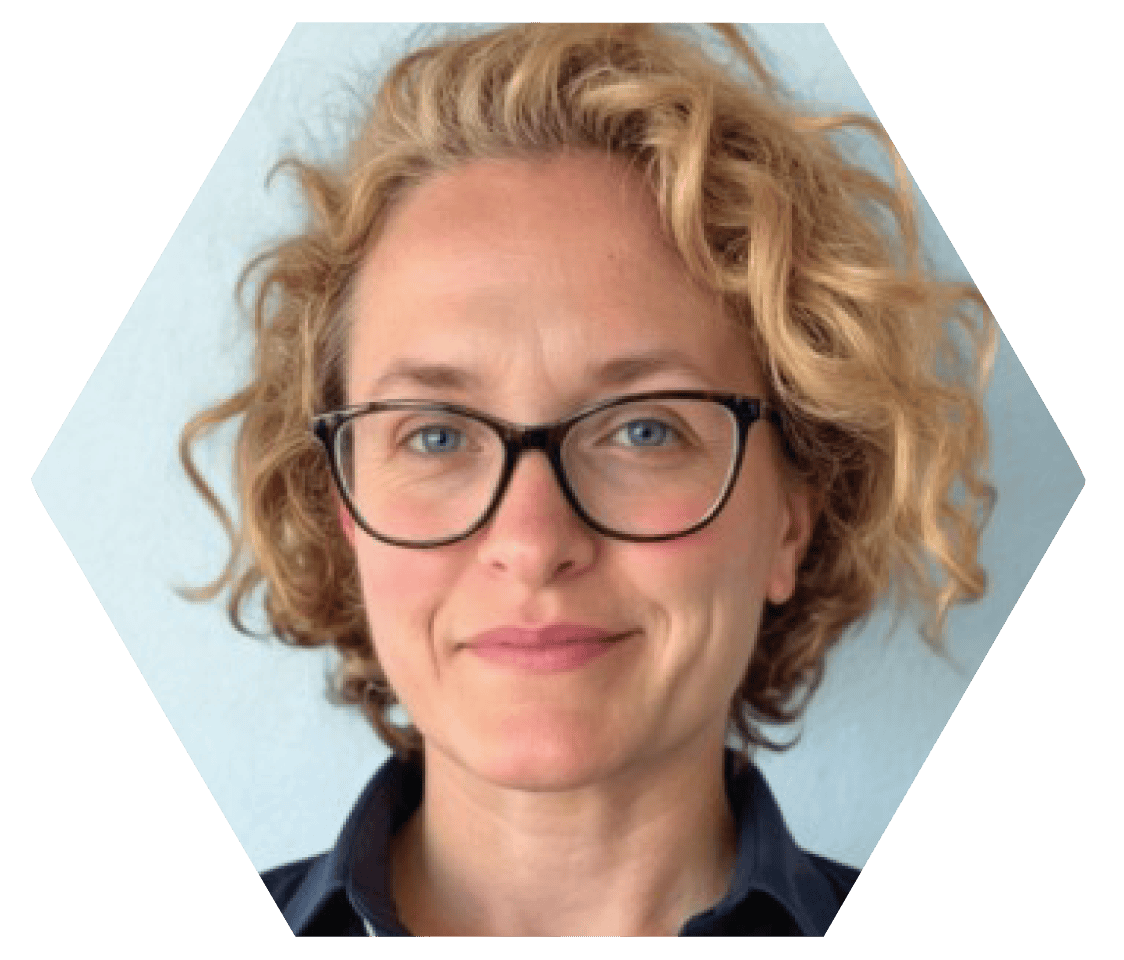
Cristin Merritt is the Head of Communications at Alces Flight, bringing over 20 years of experience in enterprise technology, including nearly a decade in High Performance Computing (HPC). She specializes in market analysis, strategic communications, and driving innovation in HPC integration. At Alces Flight, Cristin has led successful hybrid HPC projects, earning global recognition for their impact.
Her leadership has helped position Alces Flight as a pioneer in HPC integration, subscription-based solutions, and workload management. She plays a key role in shaping the company’s messaging, outreach, and industry engagement.
Cristin is also actively involved in the HPC community, serving as an Advisor for the Women in HPC Executive Committee and chairing communications for SC25. She frequently contributes to industry discussions, publications, and events, helping bridge the gap between technology and business strategy.

Stu cut his teeth as a linux HPC sysadmin and through the years has grown to create and evolve tools and solutions he wishes he had back then. He’s focussed on empowering end-users and improving service efficiency with accessible products targeting HPC service delivery, improved time-to-science and environmental consciousness.
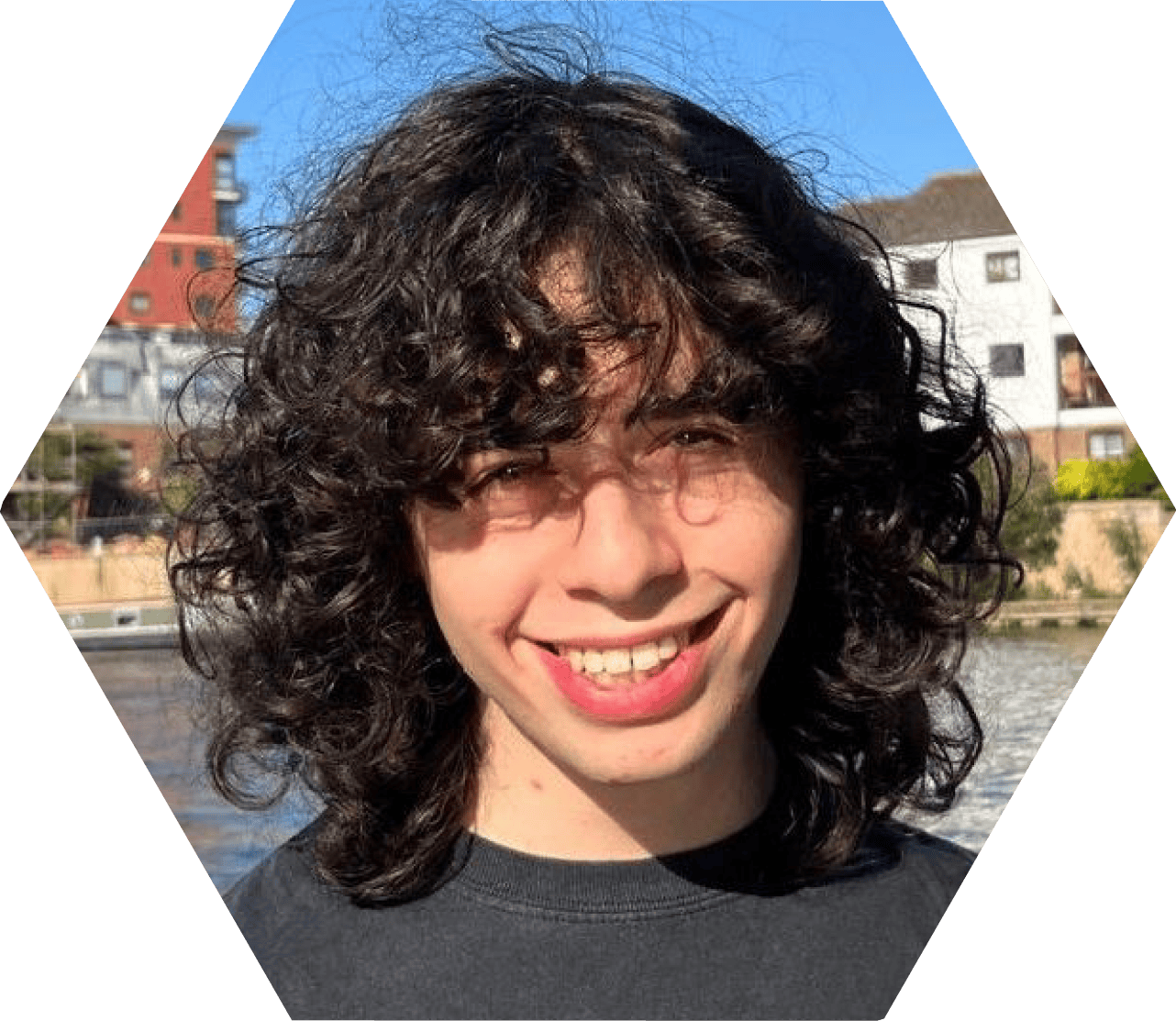
Tom is a 3rd year Computing Student at Imperial College London, with special interests in HPC, low-level programming & computer systems. He participated on the Bristol Centre for Supercomputing team at the ISC 25 Student Cluster Competition, where the team worked on configuring a cluster and compiling large programs. Tom is set to participate in the SC 25 Student Cluster Competition, and hopes to work in HPC in the future.

Wil Mayers has 20 years experience in high-performance compute and storage systems having built large environments for UK government, University and commercial customers. He has worked for both corporates and SMEs, helping customers to optimise their scientific computing workflows across many different domains including engineering, bioinformatics, physics, media and finance. In 2010 Wil joined Alces Flight, where he is responsible for building and delivering solutions for customers utilising a wide range of open-source and custom-developed software.

Mark Bjornsgaard is Deep Green’s Chief Innovation Officer. Mark founded the company and was formerly the CEO. He has grown numerous businesses from scratch to scale. Other investments include Lifted (Senior care – JV British Gas), Altogether (US healthcare, JV GSK) and Secret Source (augmented tech teams). Mark was a founding investor in Elmo (EV subscriptions sold to BCA group) and is an investor in Caldera (Heat Batteries), Ctrl Alt (Asset tokenisation) and NewChange FX (FX data) amongst others. He is the CEO of System Two, holds a number of board positions and consults to a range of FTSE 100s on M&A strategy and innovation. His 1st Book “The Manual – How to Define a Value Hypothesis” is out next year.